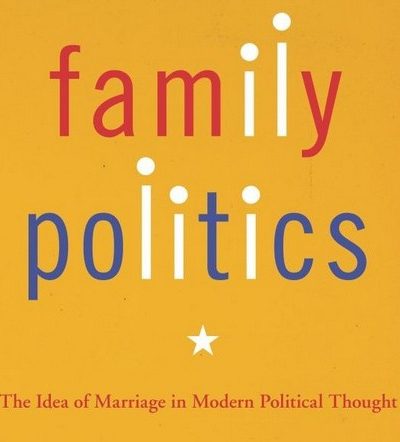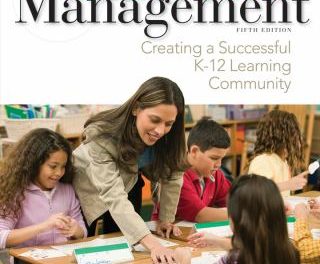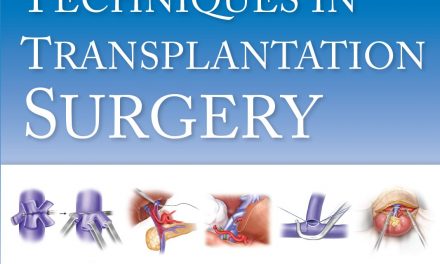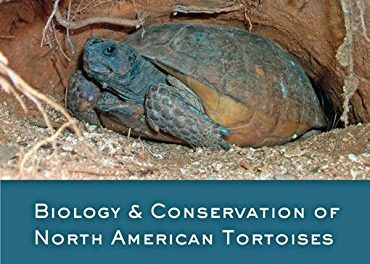Author: Scott Yenor
Publisher: Baylor University Press – 362 pages
Book Review by: Paiso Jamakar
This is a book on the evolving nature of marriage and family in the Western world.
It is a survey of thoughts by many political writers over the decades on the relationship between marriage and family on the one hand as social institutions, and religious and political entities, such as the church and the state, on the other.
Among the writers whose views author Scott Yenor examines and discusses are: Simone Beauvoir, Friedrich Engels, Sigmund Freud, Georg W.F. Hegel, John Locke, Karl Marx, John Mills, Jean Jacques Rousseau, and Bertrand Russell
Scott Yenor is an associate professor of political science and director of the American Founding Initiative at Boise State University.
He looks at how political freedom has affected the family, arguing that individual independence has undermined the nature of marriage and the family, and may have jeopardized their future stability or even their very existence.
I believe a re-examination of the role of families in today’s world such as this book provides us is especially timely in view of significant changes in recent decades to the very nature and role of the family. These societal changes to the family have never occurred before, so they are all the more important.
What are some of these notable changes? Birth rates have declined. Marriage rates have come down too, with some singles questioning the need to get married, along with the assumption of responsibilities that come with marriage and parenting. It is also true that married couples are postponing having children.
In recent years, there has also been a surge in divorce rates, illegitimacy, as well as the incidence of couples living together outside marriage. The increasing number of adults living alone also point to changing attitudes toward marriage, sex, procreation and parenthood, the author points out.
What is refreshingly different in this book is the lack of polemics that is often found in discussions of typically ‘hot’ topics such as marriage and family. Personal opinions not backed up by facts and writings of others are also almost nonexistent in this work.
In this regard, Yenor writes that “Family Politics seeks to lay bare the poetry of liberalism as it relates to the family so we can move from opinions about the family to the reality of it.”
He notes that we all have our opinions – negative and positive – about families, as we think about particular families we know or have interacted with. These views color our perceptions of the role and importance of marriage and the family as institutions.
But Yenor points out that “intruding between our experiences and reality are unstated assumptions and thoughts that help us identify problems or happiness or virtues or excellences (about families}”
He suggests that we “move beyond liberalism’s language and categories in order to understand and appreciate marriage and family life.
To this end, he offers his book Family Politics. I believe it will give you, as you read the views of the many political philosophers we’ve mentioned above, a broader and deeper understanding of marriage and family and its importance to human happiness.
With the modern-day assault on marriage and the family and the pressures they face from many sectors questioning the very need for these important institutions, the least one can do to get an unbiased and unbalanced view of this struggle and establish your position is to read this well-researched and brilliantly-written work by Scott Yenor.







